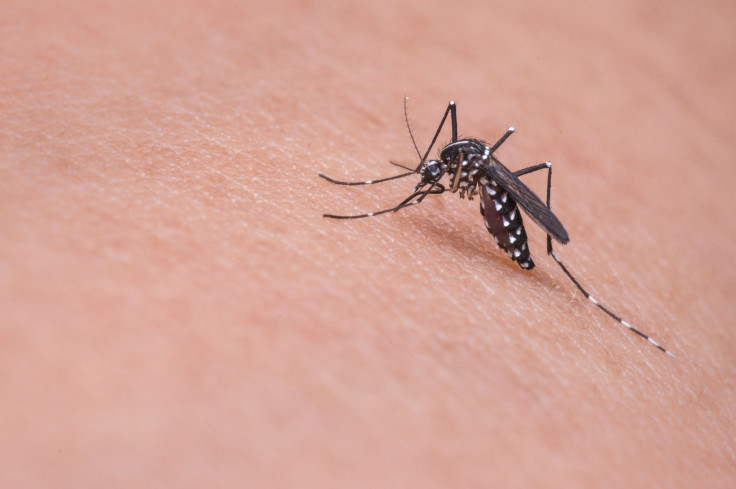Man Dies Of Viral Brain Infection Spread Through Mosquito Bites
KEY POINTS
- So far, a total of 13 NSW residents have been infected with Japanese encephalitis
- The first case in the state was detected in February
- There is no treatment for Japanese encephalitis
A man in Australia died contracting a viral brain infection that spreads through mosquito bites, making it the second death of the kind recorded in New South Wales. The infection is known as Japanese encephalitis.
The state confirmed that the man, aged in his 60s, was diagnosed with the virus in early March and died at Albury Base Hospital on May 20. So far, 13 residents have been infected with Japanese encephalitis, which was first detected in the state in February.
"While evidence shows mosquito numbers have declined, it remains important that people throughout the state continue to take steps to avoid mosquito bites," NSW Health said, according to 7News. "People considered higher risk for exposure include workers in piggeries, animal transport, veterinarians and students working with pigs, laboratory workers handling Japanese encephalitis, entomologists and others engaging in animal and mosquito trapping for surveillance.
“The virus cannot be transmitted between humans, and it cannot be caught by eating pork or other pig products.”
Japanese encephalitis is caused by a flavivirus and can lead to severe neurological illness, with headache, convulsions and reduced consciousness in some cases. There is no specific cure for the virus. The treatment focuses on relieving severe clinical signs and helping patients overcome the infection.
According to the World Health Organization, the first case of Japanese encephalitis viral disease (JE) was documented in 1871 in Japan. Most of the symptoms are mild fever and headache or without apparent symptoms. Approximately 1 in 250 infections lead to severe clinical illness. The incubation period is between 4-14 days.
The New South Wales Health issued some recommendations to avoid being bitten by mosquitoes.
- Avoiding the outdoors, especially at dawn and dusk can help keep one away from mosquitoes. People should avoid wetland and bushland areas during these times
- Wearing long sleeves and pants while outside can help as it reduces skin exposure.
- Apply insect repellent to all areas of exposed skin
- Reapply repellent after swimming and sweating
- While camping, it is necessary to ensure the tent has fly screens
- Use of mosquito coils and other devices is recommended
- Reduce all water-holding containers around the home to avoid mosquito breeding

© Copyright IBTimes 2024. All rights reserved.





















